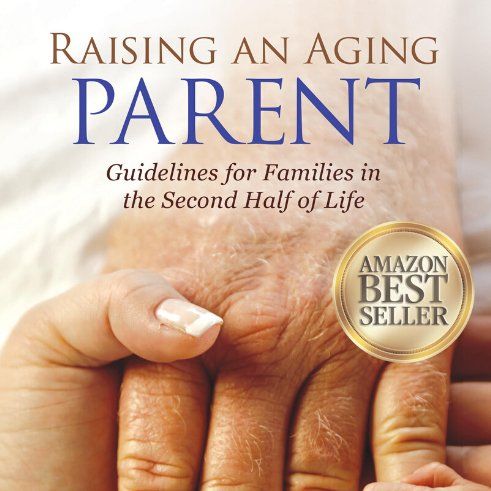When Heirs Cry – 5 Reasons Why You Need to Plan for Your Inevitable Death Now
July 13, 2017
We know from media coverage that the estate of the late musician Prince remains unsettled a year after his death because he did not leave a will or name his heirs. As a result, his estate faces a massive tax bill with a one-two bite from the United States tax code (40 percent) and state of Minnesota (16 percent) while DNA testing and court hearings are underway to determine his legitimate heirs. Although most of us do not have an estate as complex as Prince’s, we all have wishes about how our estate should be handled and how we will be remembered when we die. However, rather than deal with it proactively, most of us would rather avoid the issue. Here are five reasons you should plan now:

Estate planning is an act of love and kindness for your family.
One of the greatest legacies you can leave your loved ones is to ensure they have the information they need when you die. This allows your heirs to focus on grieving and healing rather than being consumed by stressful searches for information or, even worse, family conflicts around decisions. As an added bonus, preplanning results in conversations that can create a more meaningful process for the whole family.
Just having a will is not enough.
Having an up-to-date will is essential, especially if you do not want to leave a situation similar to Prince. A good rule of thumb is that a will revision is required after any major life event, such as the birth of a child, the death of a spouse, marriage, divorce, major financial changes or at least every five years. If you become incompetent, a power of attorney is required in order to have your affairs managed appropriately.
Health care issues may emerge prior to death.
Living wills and advance directives are written legal documents regarding your preferences for medical care if you are unable to make decisions for yourself. Having one provides guidance to your family, caregivers and physicians and reduces confusion, misunderstanding or disagreements while ensuring you can get the medical care you need and want. At the point of death, your family may be asked about donating your organs. Having these discussions now means there will not be uncertainty and stress about what to do at the time.
There is a long list of basic information your heirs or executors will require.
Imagine that I asked you to produce your birth certificate, your marriage certificate, a list of all your investments, a list of any loans owing or owed to you, a key to your safe deposit box and a list of your passwords. Could you do this easily? These are just a representative sample of the many things your executor will require. Now imagine having to find all that information if you had no idea where to look. Recently, the adult daughter of a friend died suddenly and the stress caused by her mother’s inability to locate such information as passwords caused costly delays and interfered with the grieving process.
How do you want to be remembered?
Arguably, one of the more difficult areas to deal with is how you want to be remembered. If selecting a gravesite, burial versus cremation or writing your own obituary is too difficult to contemplate, you can assist your family by leaving relevant information, including preferences, family history, résumés, awards, details about causes near to your heart and other documents that they can use to make funeral decisions or write an obituary.
The issue of preplanning became a passion of mine a few years ago after the death of my parents and a close friend. I learned firsthand how overwhelming it can be to wrap up a loved ones estate without the necessary information. As a result I created a planning system; “Departing Details Workbook – A step-by step guide to leaving your loved ones with the information they need to know when you die.” If I were to die suddenly, I have peace of mind that my affairs are in order. Do you? Whether you use “Departing Details” or another guide, the important thing is to ensure your loved ones have the necessary information they need when you die or are incapacitated. It is an act of love and one of the kindest things you can do for your family.

Dr. Ken Druck, one of our featured resources has a new book that is very relevant to our workbook users: "Raising Aging Parents: Guidelines for Families in the Second Half of Life." It is a very comprehensive book, dealing realistically with the trials and challenges of being responsible for aging parents and trying to ensure their lives remain as good as possible. Alternately, the content provides a very helpful perspective for those of us who are intent on planning ahead and leaving a less stressful set of circumstances for our family to deal with if we become incapable or pass away unexpectedly. Please visit www.kendruck.com . We thank Dr. Druck for providing a wonderful compliment to Departing Details Workbook by including a reference to it in the book as a very useful resource, as he details in his video .



